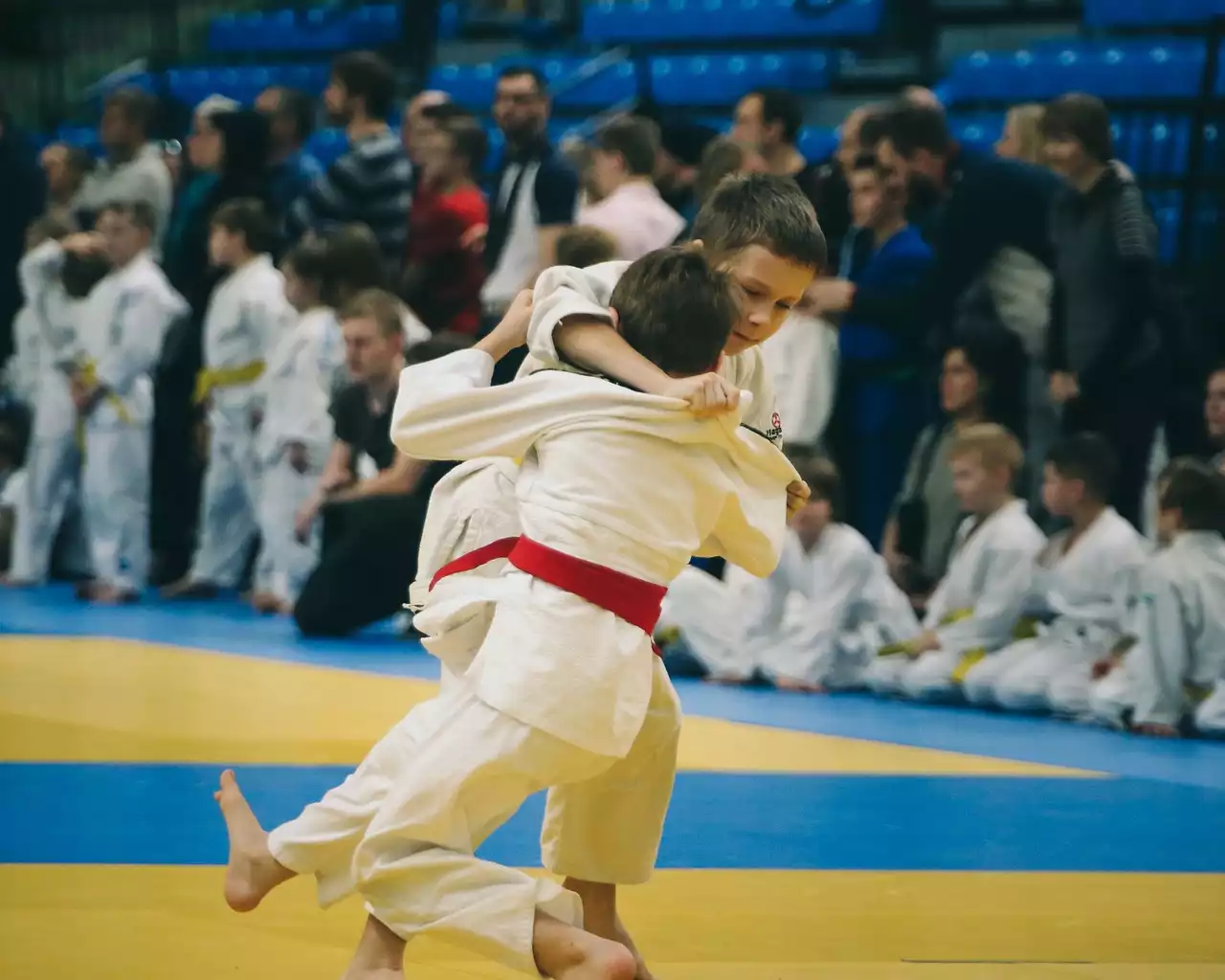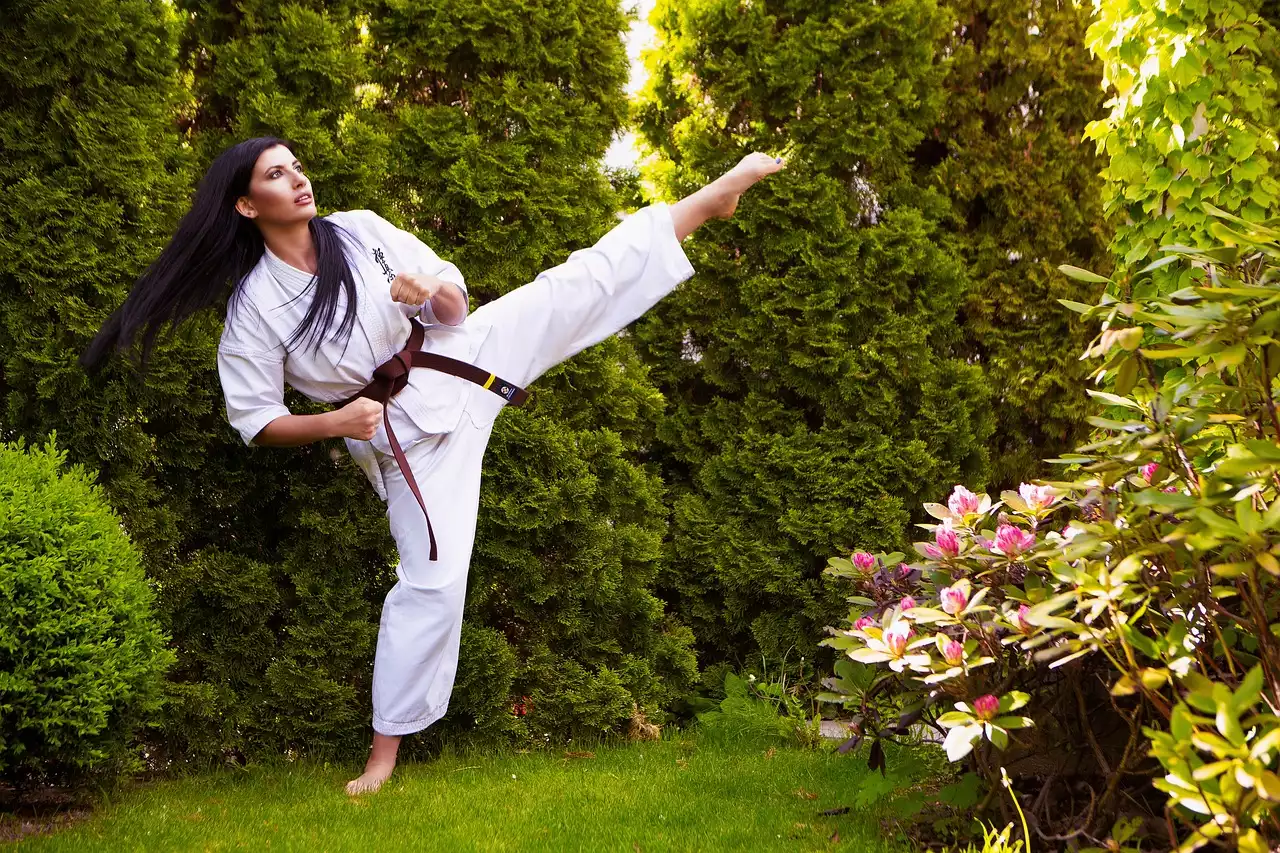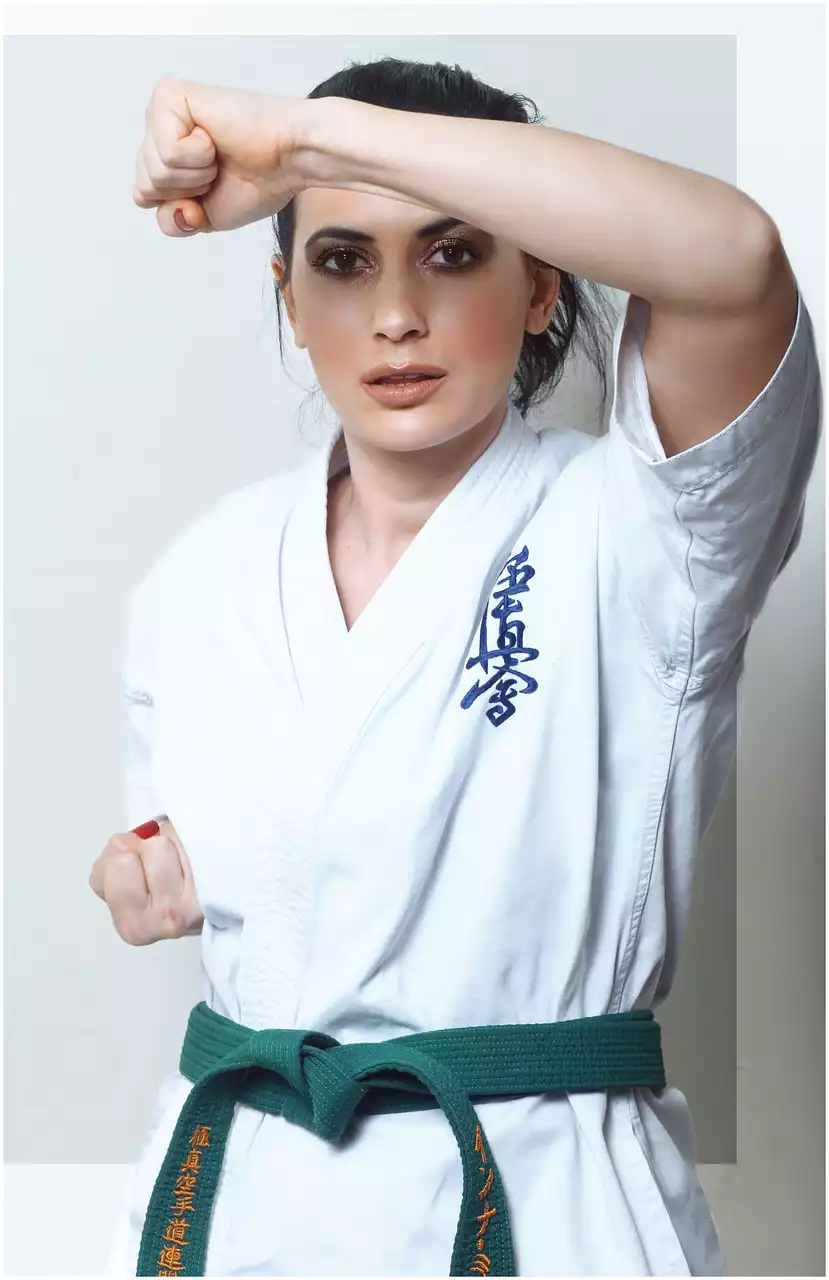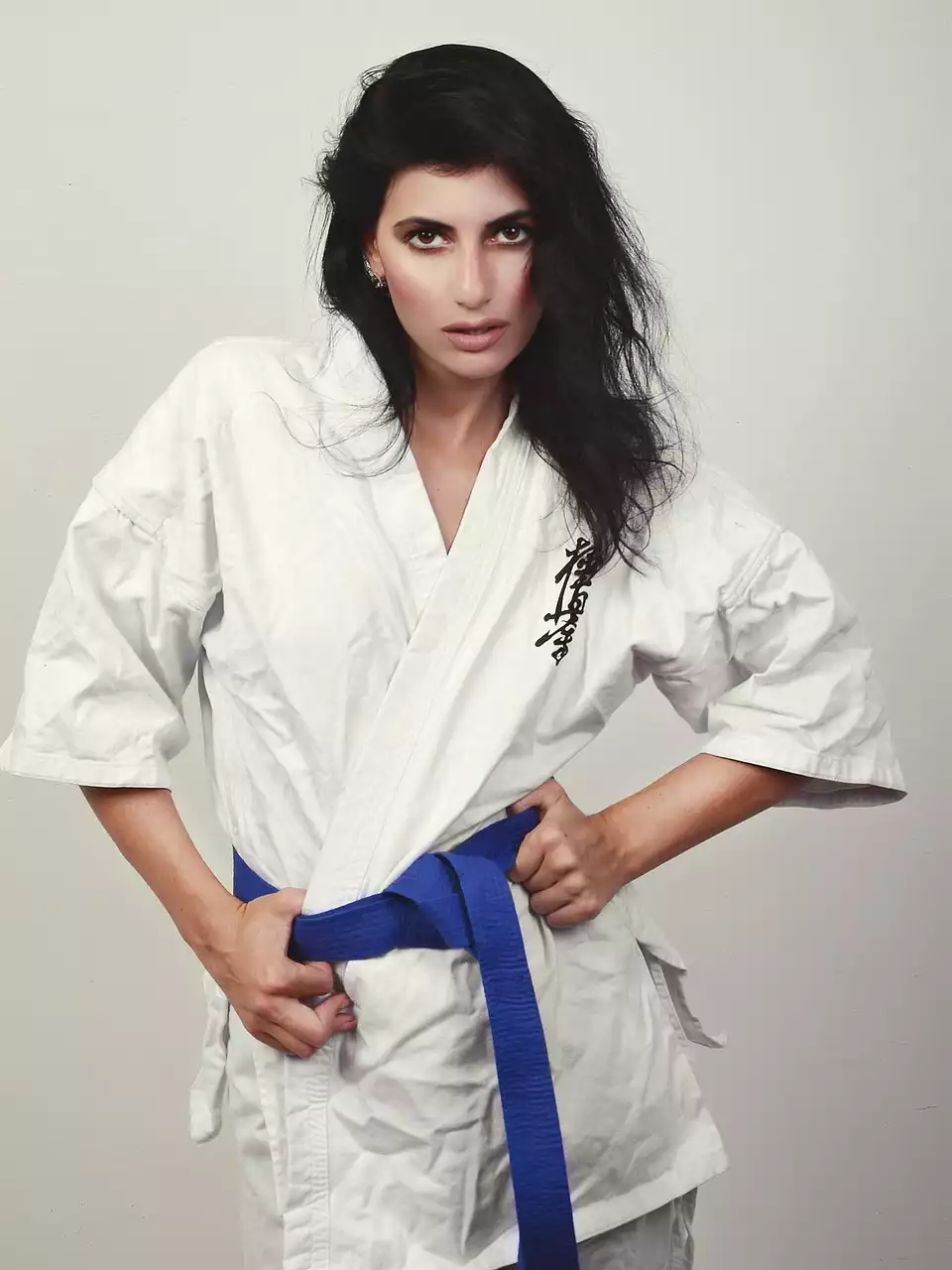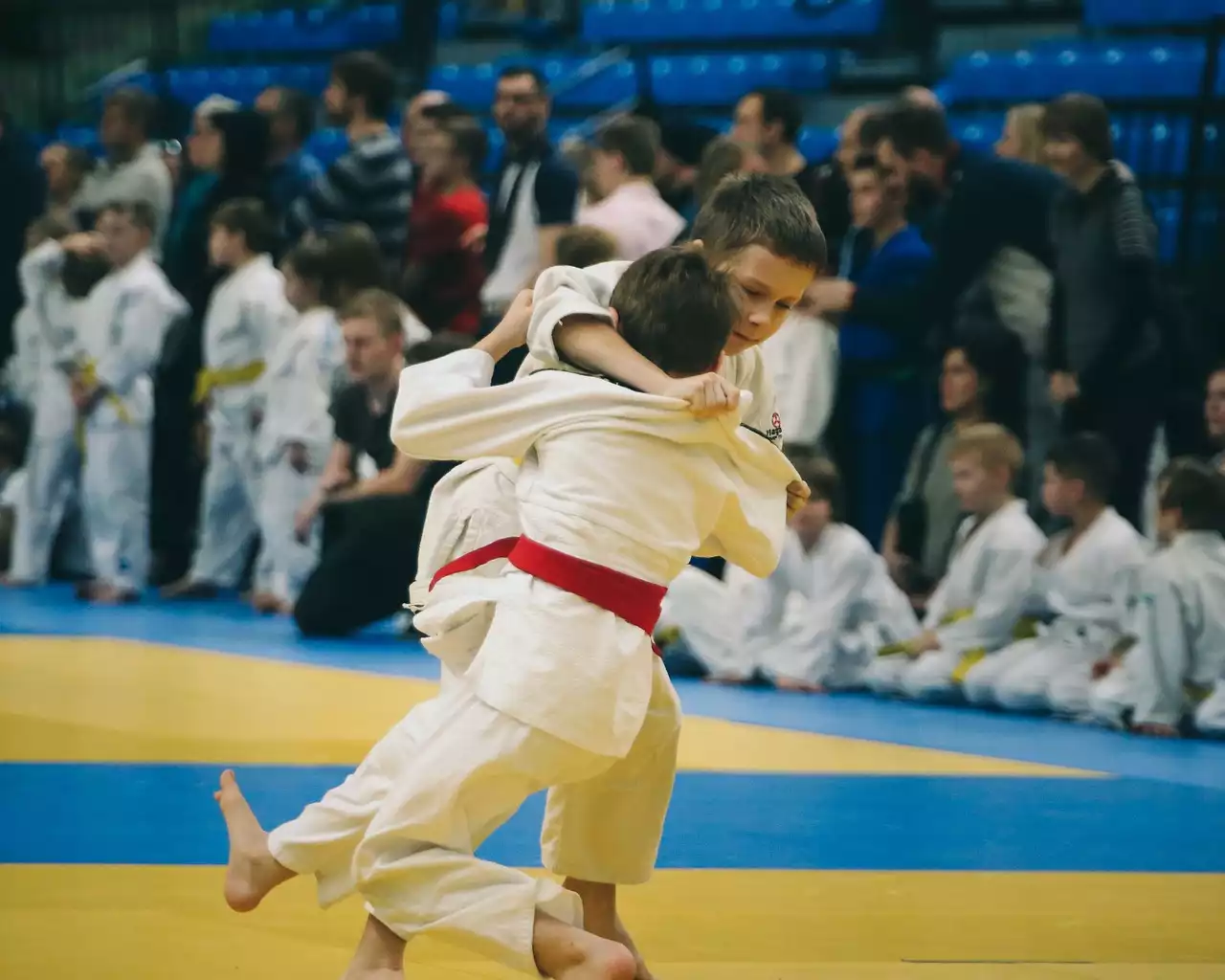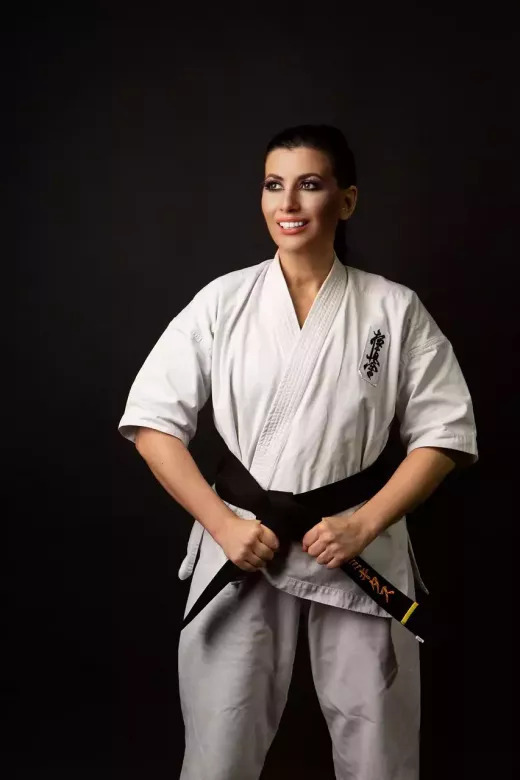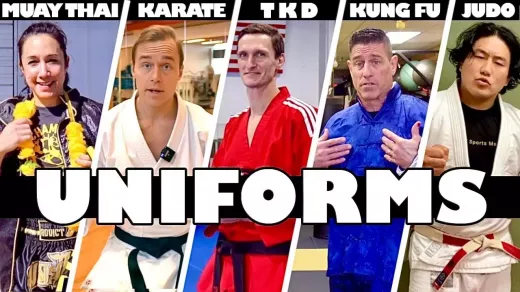Understanding the Importance of Ground Techniques
Ground techniques are an essential part of Judo, and they play a crucial role in both self-defense and competition. In self-defense situations, knowing how to take your opponent to the ground and control them can be the difference between getting hurt or getting away safely. In competitions, ground techniques can be used to score points, force your opponent into submission, or even win the match outright.
One of the biggest advantages of ground techniques is that they allow you to control your opponent's movements and limit their options. When you're on the ground, your opponent's mobility is limited, which means you can take advantage of their weaknesses and attack their vulnerable areas. Additionally, ground techniques can be used to tire out your opponent, making them more vulnerable to attacks later in the match.
Common Mistakes in Ground Techniques
One of the most common mistakes that judokas make when it comes to ground techniques is not practicing enough. Many practitioners focus solely on their standing techniques and neglect their groundwork, which can lead to a significant disadvantage in matches. Another common mistake is failing to maintain proper posture while on the ground. Poor posture can lead to your opponent gaining control and taking advantage of your weaknesses.
Another mistake that many judokas make is not being aggressive enough on the ground. While it's important to be patient and wait for the right opportunity to attack, you also need to be willing to take risks and seize opportunities when they present themselves. Finally, some judokas fail to properly transition from standing to ground techniques, which can leave them vulnerable to attacks from their opponents.
Tips to Improve Your Ground Techniques
Improving your ground techniques in Judo requires dedication and hard work. Here are some tips that can help you take your ground game to the next level:
1. Practice regularly: Make sure to include ground techniques in your regular training sessions. The more you practice, the better you'll become.
2. Focus on posture: Maintaining proper posture is critical when it comes to ground techniques. Make sure to keep your back straight and your core engaged.
3. Be aggressive: Don't be afraid to take risks and attack your opponent's weak points. However, be sure to remain patient and wait for the right moment to strike.
4. Learn from your mistakes: Analyze your matches and training sessions to identify areas where you can improve. Use this information to make adjustments and refine your technique.
5. Train with different partners: Training with partners of varying skill levels and body types can help you develop a more well-rounded ground game.
Drills to Enhance Your Ground Techniques
In addition to practicing regularly, incorporating specific drills into your training can help you improve your ground techniques. Here are some drills that you can try:
1. Positional sparring: This involves starting from a specific position, such as the guard, and working to gain an advantage over your opponent.
2. Grip fighting: Grip fighting is an important aspect of Judo, and it's especially critical when it comes to ground techniques. Practice grip fighting drills to improve your grip strength and technique.
3. Escapes and transitions: Focus on escaping from bad positions and transitioning between different techniques. This will help you become more comfortable on the ground and improve your overall ground game.
4. Live rolling: Live rolling involves sparring with a partner at full intensity. This is a great way to test your ground techniques and identify areas where you need to improve.
Developing a Ground Game Strategy
To become a well-rounded judoka, it's important to develop a ground game strategy. This involves identifying your strengths and weaknesses and developing a plan that plays to your strengths while minimizing your weaknesses. Here are some tips for developing a ground game strategy:
1. Identify your strengths: Take an honest look at your ground techniques and identify the areas where you excel. This could include certain submissions or positions that you're particularly comfortable with.
2. Minimize your weaknesses: Similarly, identify the areas where you need the most improvement and work to minimize your weaknesses. This could involve practicing specific techniques or positions that you're not as comfortable with.
3. Be adaptable: Your ground game strategy should be flexible enough to adapt to different opponents and situations. Be prepared to adjust your strategy based on your opponent's strengths and weaknesses.
4. Practice, practice, practice: The more you practice your ground game strategy, the more comfortable and confident you'll become.
Common Ground Techniques in Judo
There are numerous ground techniques in Judo, and mastering them requires dedication and hard work. Here are some of the most common ground techniques in Judo:
1. Osae-komi-waza: Osae-komi-waza, or holding techniques, involve gaining control over your opponent and holding them in a specific position. These techniques are often used to score points or force your opponent into submission.
2. Shime-waza: Shime-waza, or choking techniques, involve applying pressure to your opponent's neck to force them into submission. These techniques can be highly effective but require precision and control.
3. Kansetsu-waza: Kansetsu-waza, or joint-lock techniques, involve manipulating your opponent's joints to force them into submission. These techniques can be highly effective but also require precision and control.
4. Ne-waza sutemi-waza: Ne-waza sutemi-waza, or sacrifice techniques, involve sacrificing your position to gain an advantage over your opponent. These techniques can be risky, but when executed properly, they can be highly effective.
Applying Ground Techniques in Competitions
In competitions, ground techniques can be used to score points, force your opponent into submission, or even win the match outright. Here are some tips for applying ground techniques in competitions:
1. Be patient: Don't rush into attacks. Wait for the right opportunity to present itself before going for a submission or hold.
2. Be aggressive: While it's important to be patient, you also need to be willing to take risks and seize opportunities when they present themselves.
3. Stay focused: Don't get distracted by the noise and distractions of the competition. Stay focused on your opponent and your game plan.
4. Use your strengths: Focus on the ground techniques that you're most comfortable with and that play to your strengths.
Training Partners for Ground Techniques
Training with partners who are skilled in ground techniques can be highly beneficial when it comes to improving your own skills. Here are some tips for finding and training with partners for ground techniques:
1. Look for experienced partners: Seek out partners who have experience with ground techniques and who can provide you with constructive feedback.
2. Vary your partners: Train with partners of different skill levels and body types to develop a more well-rounded ground game.
3. Communicate with your partners: Make sure to communicate with your partners before, during, and after training to ensure that you're both on the same page.
4. Be a good partner: When training with others, always be respectful and considerate. Help your partners improve their skills, and they'll be more likely to do the same for you.
